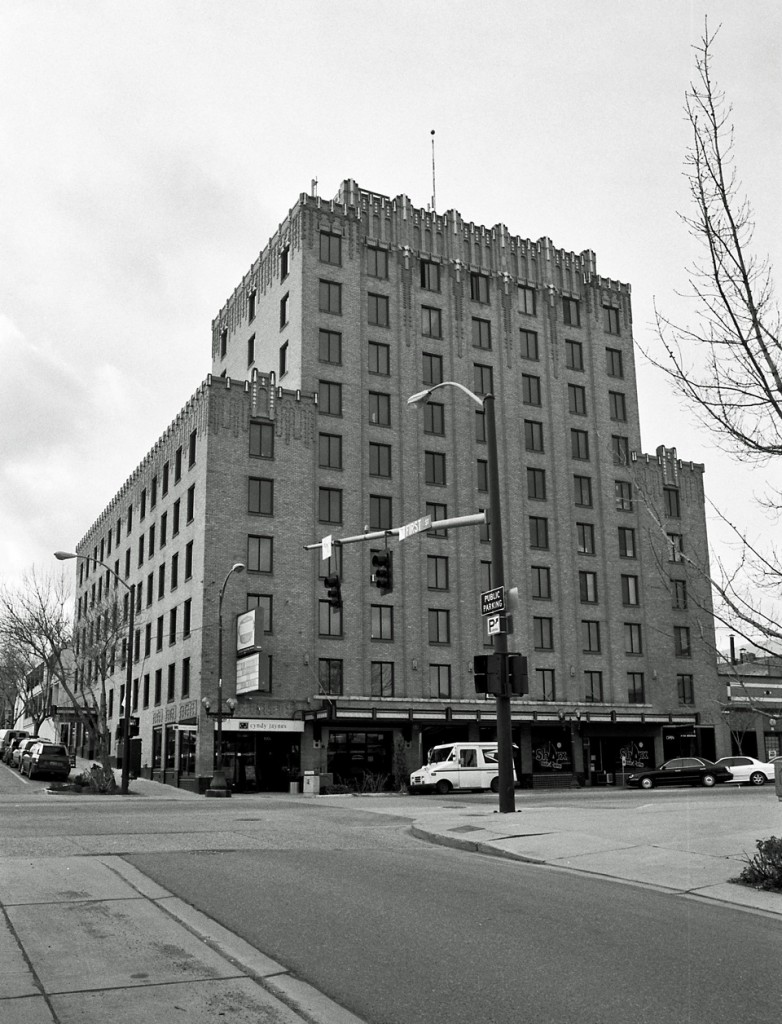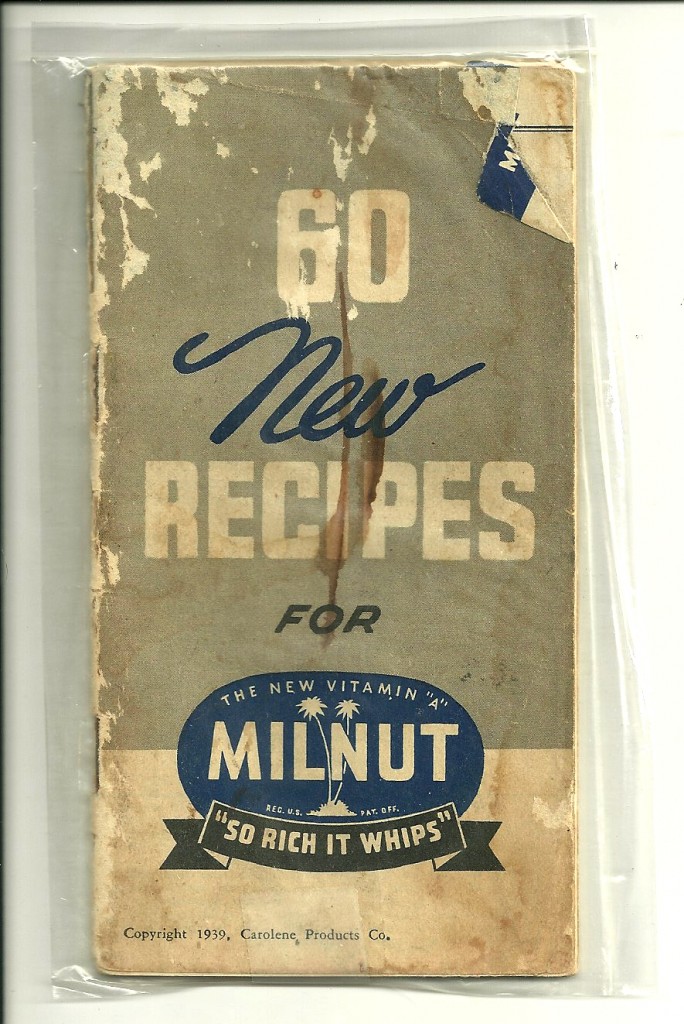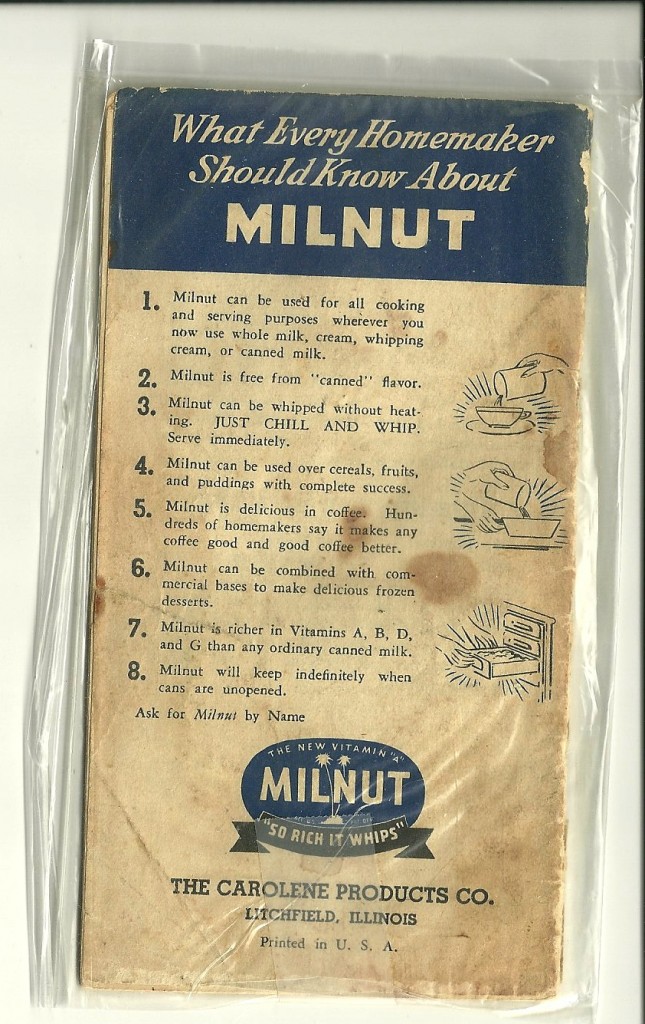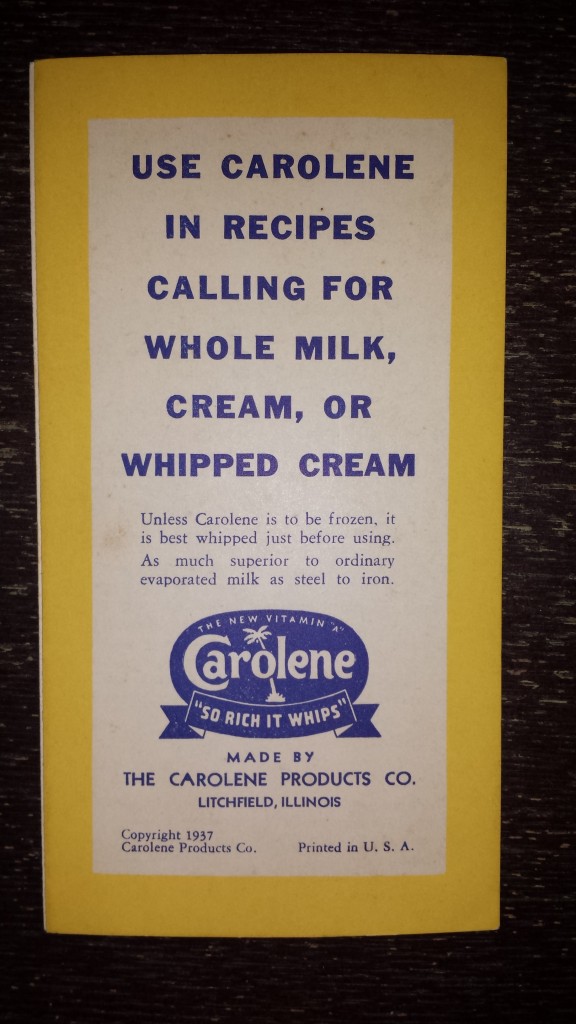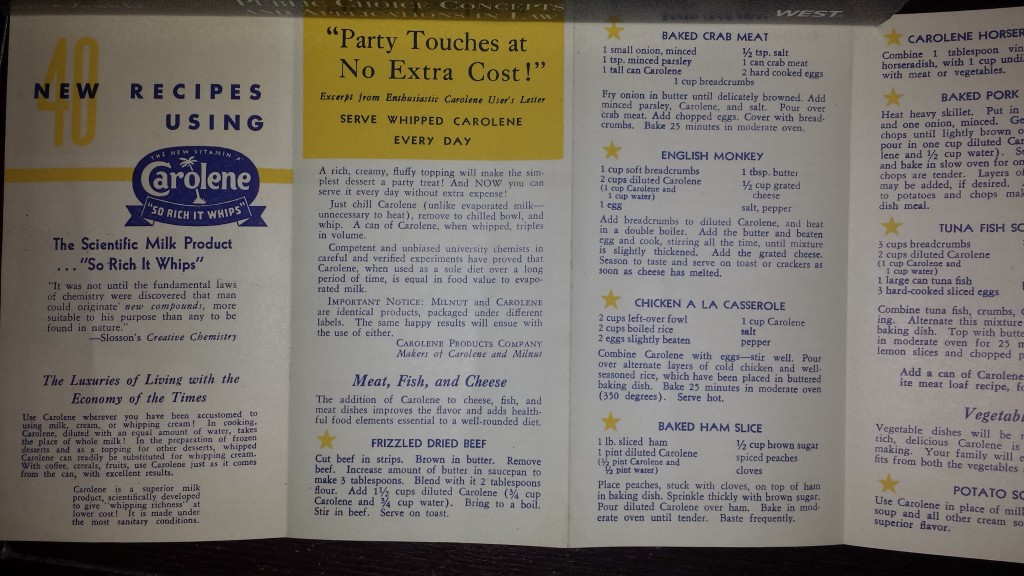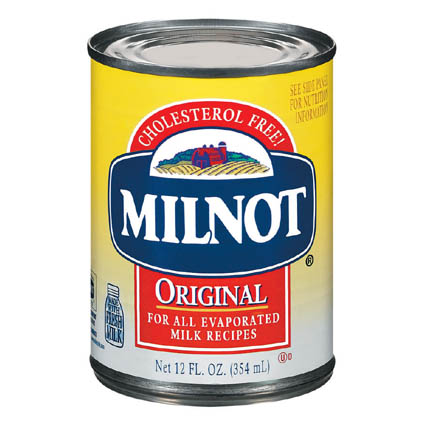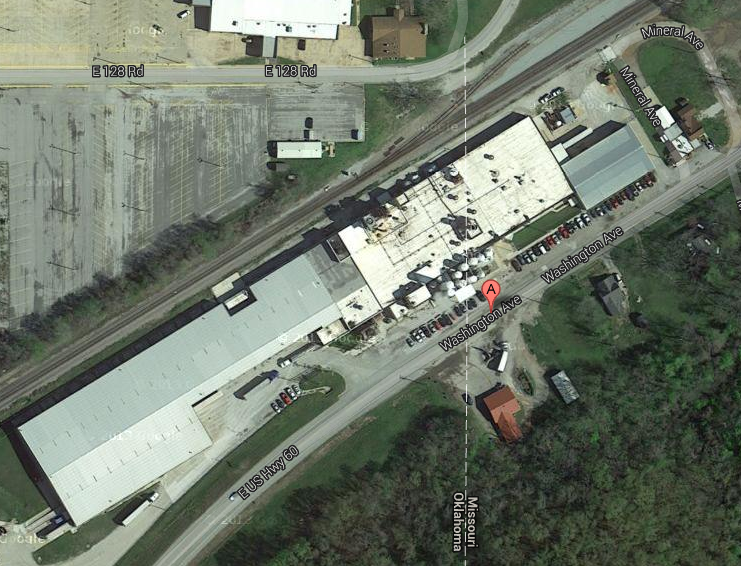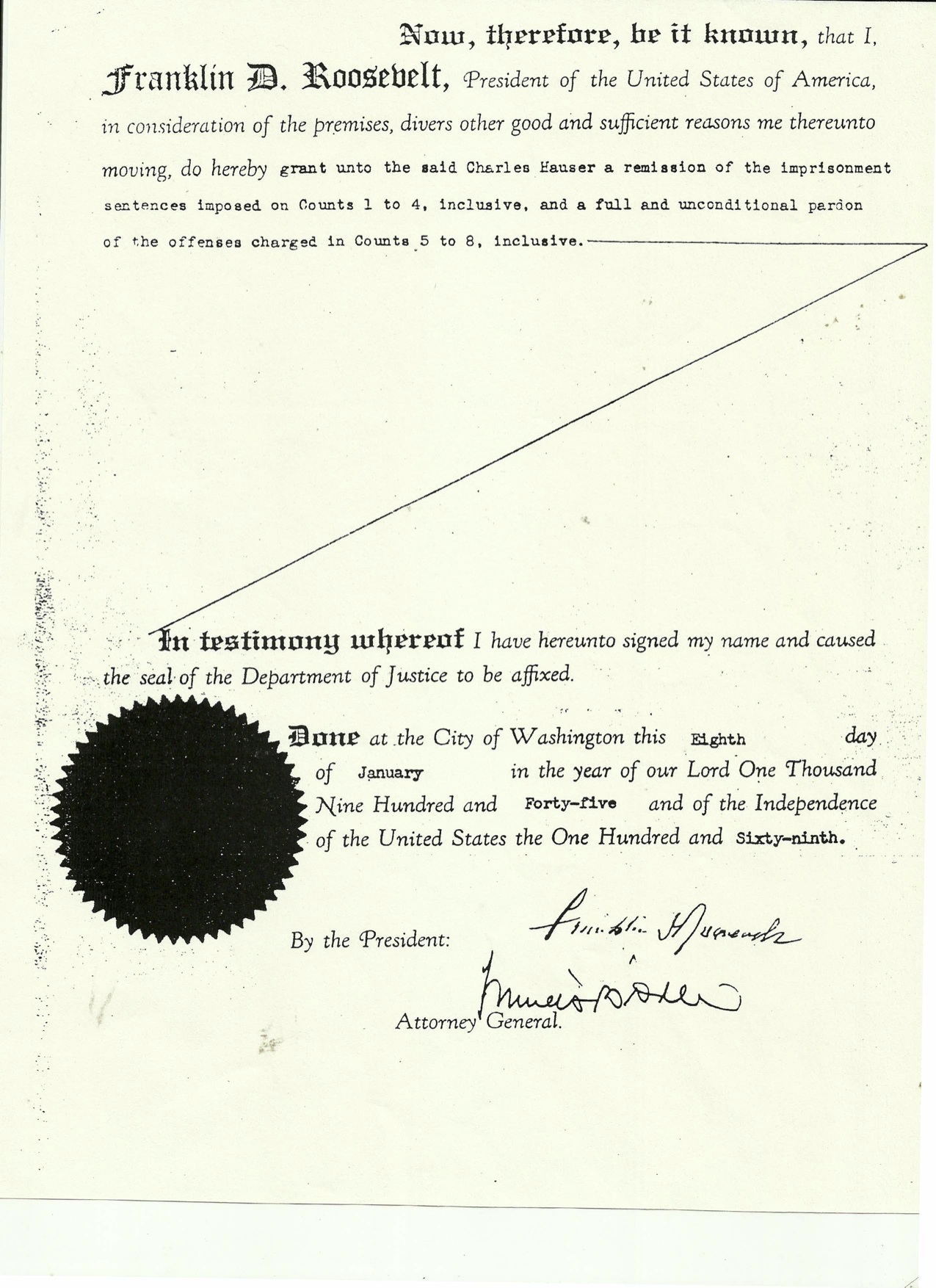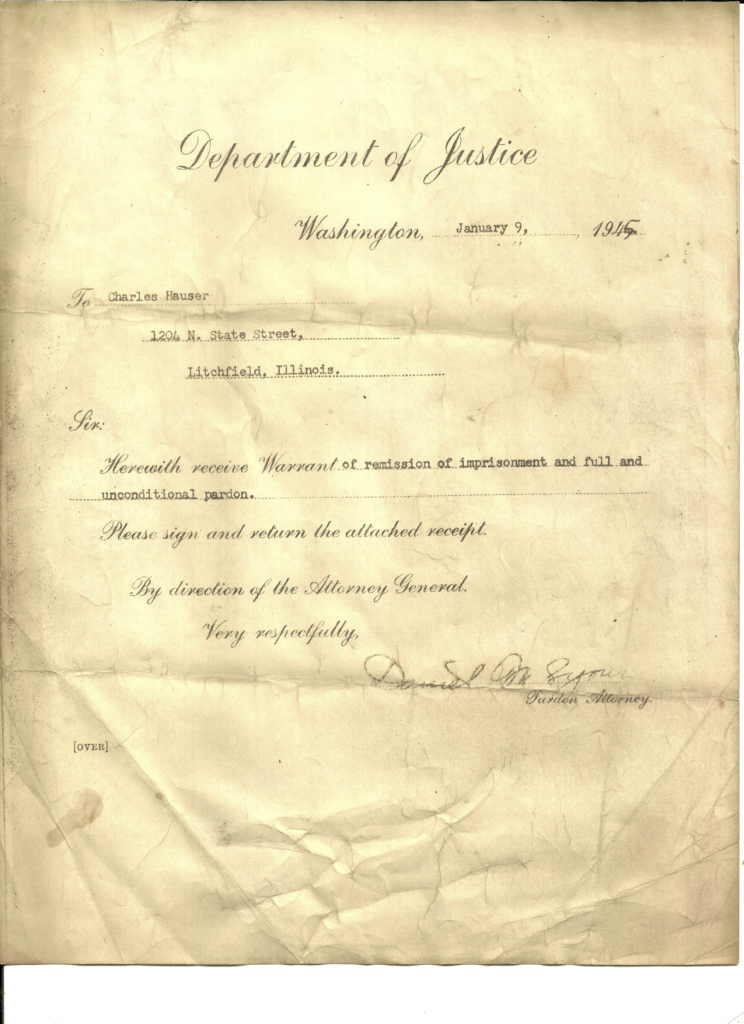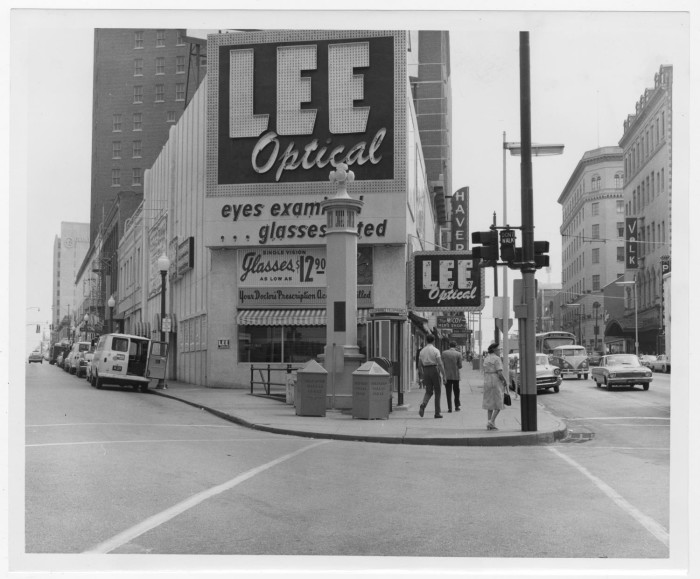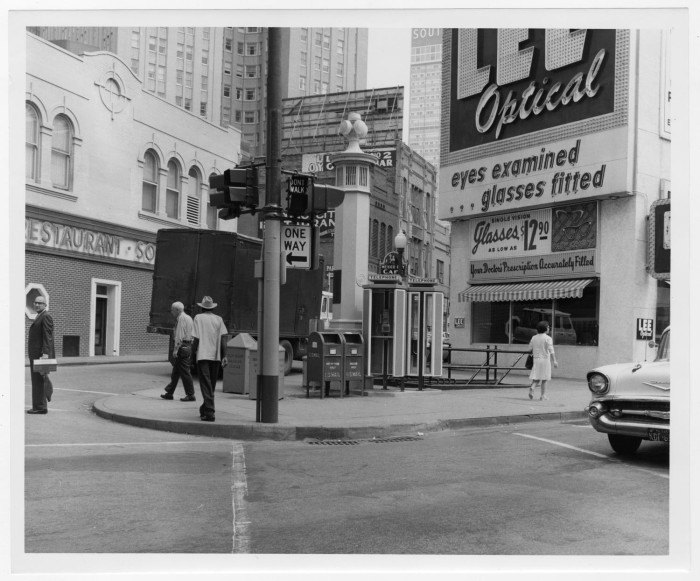I discuss Judge Watson’s decision that converted his temporary restraining order into a preliminary injunction in this Twitter moment.
Discussing House of Representatives v. Price on CNBC Nightly Business Report
March 29th, 2017Almost instinctively, I refer to the cost-sharing reduction litigation as House of Representatives v. Burwell, but indeed it is now House of Representatives v. Price. The GOP-controlled House has a still-pending lawsuit against the GOP-confirmed Secretary of HHS over the payment of subsidies to insurance companies. As I noted shortly after the AHCA died stillborn, the House litigation is on hold till May 22. At that point, the House will have to decide if it will (a) continue the litigation, (b) dismiss the litigation and let President Trump make the same illegal payments President Obama made, or (c) appropriate the funding for the CSR payments. Oh the choices!
Last night, I appeared (ever-so-briefly) on the CNBC Nightly Business Report. From 30 minutes in the chair, the producers found about 7 seconds of content, which is par for the course. Starting at 1:13:
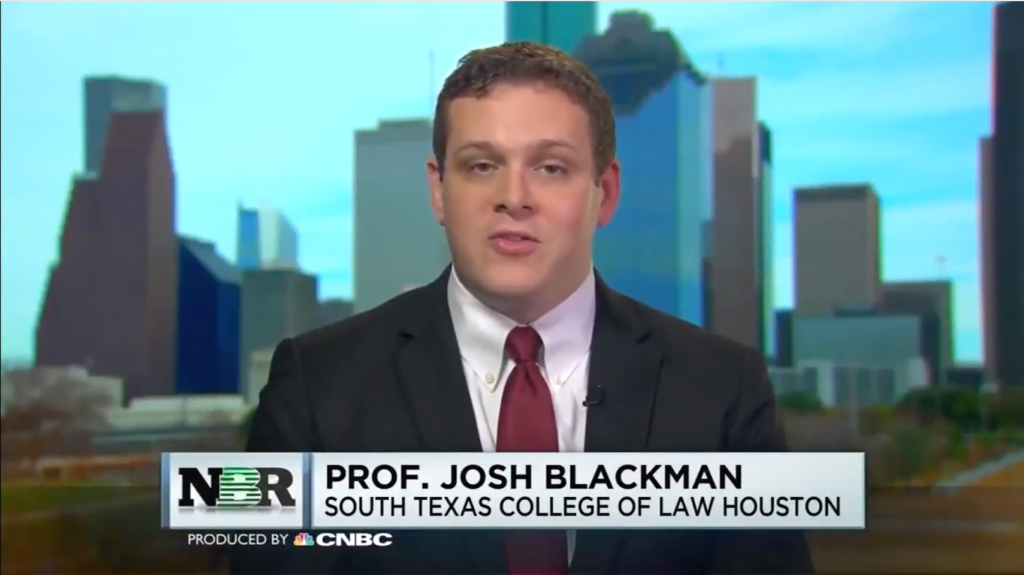
I am quoted more at length in this article:
The big question is what happens now?
“Now we are in the Trump administration and as best as I can tell, these payments are still being made,” said Joshua Blackman, associate professor of constitutional law at South Texas College of Law in Houston, and author of “Unraveled: Obamacare, Religious Liberty, and Executive Power.”
“This puts the Republicans in a very strange spot, as they are making the same illegal payments that they were saying the Obama administration was making,” said Blackman, who also serves as an adjunct scholar with the conservative Cato Institute.
I was also asked about the risk corridor litigation–don’t forget that is still live:
A federal claims court judge ruled in favor of insurers in one of the lawsuits last month. The court award would now be paid out of the federal judgment fund for legal claims.
“But there is already movement afoot amongst Republicans to amend the judgment fund, saying ‘we don’t want companies getting this money that was never appropriated,'” explained Blackman.
“That is to say, if Congress never agreed to fund something and the government then defaults on that debt, you can’t get it through this judgment fund.”
